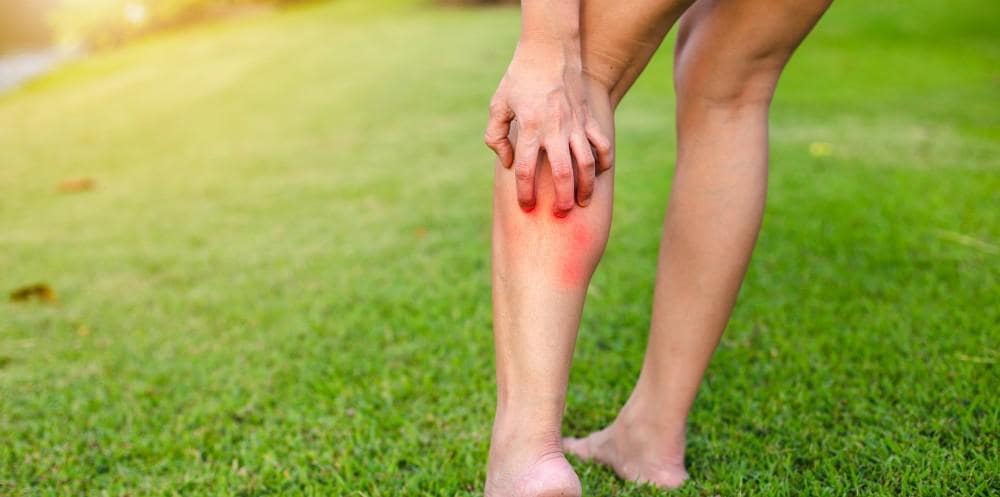Summer is here and that means trips to the beach, hikes out in nature, and other outdoor activities. But that also means exposure to the elements, plants, and insects like ticks that can cause common summer ailments.
At Family Urgent Care, our doctors are here to provide you with treatments for all of your health care needs. Whether you’re dealing with a rash from poison ivy, a tick bite, or a nasty sunburn, we’re here to help! Here are some common summer ailments and how to treat them.
Sunburns
A sunburn is probably the most common problem that arises from hanging out outdoors. It’s easy to forget how quickly you can get a sunburn. It can happen even with a cloudy sky, which doesn’t block the sun’s harmful UV rays. You can even get sunburned with sunscreen, as it can’t completely protect you from the sun, no matter how high the SPF.
To limit your exposure, apply sunscreen to all exposed areas of your body. Because sunscreen fades, be sure to reapply it every two hours and after swimming or sweating.
Visit our urgent care as soon as you can if your sunburn is so bad that you experience any of the following symptoms:
- Blisters
- Acute pain
- Fever
- Swelling in your face
- A large area that’s sunburned
You may need emergency care right away if you’re experiencing symptoms of dehydration, heat stroke, or heat exhaustion.
Bug and tick bites
There are many bugs and insects that can cause pesky problems for you when you’re out in the elements. Bug bites are a nuisance because they can cause redness, extreme swelling, tenderness, itching, rashes, and potential chronic illness.
To avoid bug and insect bites, you should take the following measures:
- Avoid brushy areas and high grass
- Wear long pants and sleeves
- Tuck your pant legs into your socks
- Use insect repellent
If you get bitten and experience swelling, use a cold compress to control the swelling and pain. If you have a bug bite that’s itching, use calamine lotion (an over-the-counter hydrocortisone cream) or take an antihistamine.
Tick bites
If you experience a tick bite, you’ll need to take a few steps. If the tick is still attached, carefully remove it. Use tweezers or fine-tipped forceps to grab the tick as close to the skin as possible and pull in a slow and steady upward motion.
Save the tick if you can, as we may want to see if you begin to develop symptoms of Lyme disease, a chronic illness that’s passed to humans via tick bites.
Finally, use warm water and soap to wash both your hands and the site of the tick bite.
Poison ivy
If you brush up against poison ivy while out on a hike, you could develop a serious rash that lasts for weeks. The rash is red, raised, and swollen, with occasional blisters. Try to avoid itching it as you can break your skin, leaving the potential for infection.
If you do get a poison ivy rash, try topical treatments like calamine lotion, oatmeal baths, or cool, wet compresses. Visit our urgent care if you’re worried about infection or experiencing intense itching and pain.
For more information on treating summertime ailments, call or book an appointment online at our urgent care centers in Schererville, Indiana, and the Lincoln Park neighborhood of Chicago, Illinois, today.

